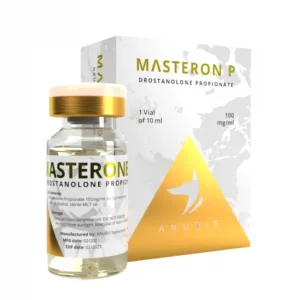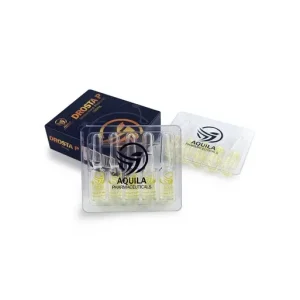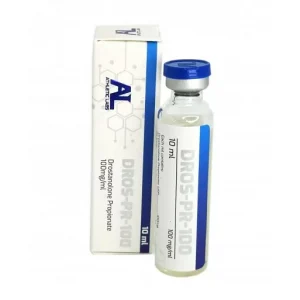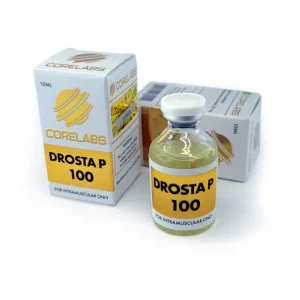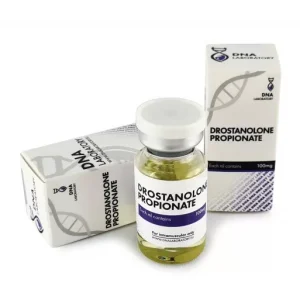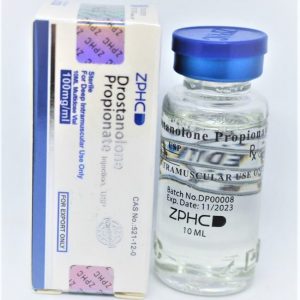Growth hormone supplementation for sport
Somatotropin (the scientific name for growth hormone) is a special protein made up of 191 amino acids. The pituitary gland, a special section of the brain, is responsible for producing this hormone. Of all the hormones produced by the pituitary, this variety is dominant in terms of volume, as its synthesis occurs continuously throughout life. The highest concentration of somatotropin in men occurs during puberty, when adolescent growth is intense. From the age of 17, its production decreases considerably (by around 15% per decade), but it does not disappear completely, as it fulfils a number of important functions in the human body. Growth hormone is not as well known in sporting circles as testosterone, but without it it is virtually impossible to develop the necessary muscle prominence and maintain the results achieved.
Weight management. During the day, food is the main source of energy, particularly the carbohydrates it contains. At night, the work of all the organs that need to be fed continues and energy is drawn from fat reserves (deposits). To trigger the recycling mechanism during sleep, the pituitary gland intensively produces growth hormone, which promotes the breakdown of fat. This is why a person’s weight is slightly lower in the morning than in the evening. If this scenario does not work, the person rapidly gains weight.
Skin elasticity. Somatotropin is involved in collagen synthesis. This substance acts directly on cartilage tissue and joints. Collagen is also a component of the skin, ensuring its elasticity and firmness. As a result, in the event of somatotropin deficiency, a person’s ageing process becomes more noticeable: externally, it manifests itself in the premature formation of wrinkles and sagging skin.
Protection of blood vessels. Growth hormone maintains the necessary cholesterol balance. A deficiency in growth hormone leads to a high risk of atherosclerosis and, consequently, myocardial infarction and stroke.
Bone strength. In adolescence, the hormone causes rapid growth of bone tissue. In adulthood, it strengthens the bones, thus preventing fractures and osteoporosis. Somatotropin stimulates the production of vitamin D3, which, like calcium, is necessary for a strong skeleton.
Muscle tone. The hormone stimulates protein synthesis in the body, which has an impact on muscle tissue. As a result, muscles retain their tone and the coordination of movements is greatly improved.
Somatotropin helps to increase the number of liver and thyroid cells.
Effect of growth hormone on the body
Somatotropin blocks the body’s destruction processes and also stimulates regeneration processes. Numerous studies have shown that under the influence of growth hormone, people can look more than 10 years younger.
- Strengthening of bones and skeleton.
- Transformation of subcutaneous fat deposits into muscle tissue.
- Strengthening of the immune system.
- Increased libido.
- Positive impact on mental activity.
- Maintains optimal blood cholesterol levels.
Dosage
Growth hormone promotes the active growth of muscle mass and the reduction of
reduction of subcutaneous fat mass. To maximise the drug’s effectiveness, the prescribed recommendations should be followed (strict diet, muscle training and hormone intake programme). The duration of the treatment and the doses required are directly determined by the productivity of the training and the type of sporting activity.
Stimulants are most often taken orally. Arginine-based preparations are injected into the body. Preparations containing glutamine are only intended to be taken orally. Studies have shown the effectiveness of both methods.
After a cycle of taking the drug, a break is necessary, of a duration equal to the therapeutic period, as the human body rapidly adapts and becomes accustomed to the hormone and prolonged use simply becomes ineffective. It can also be taken for more than six months, but only to a limited extent.
Showing 1–9 of 59 results



